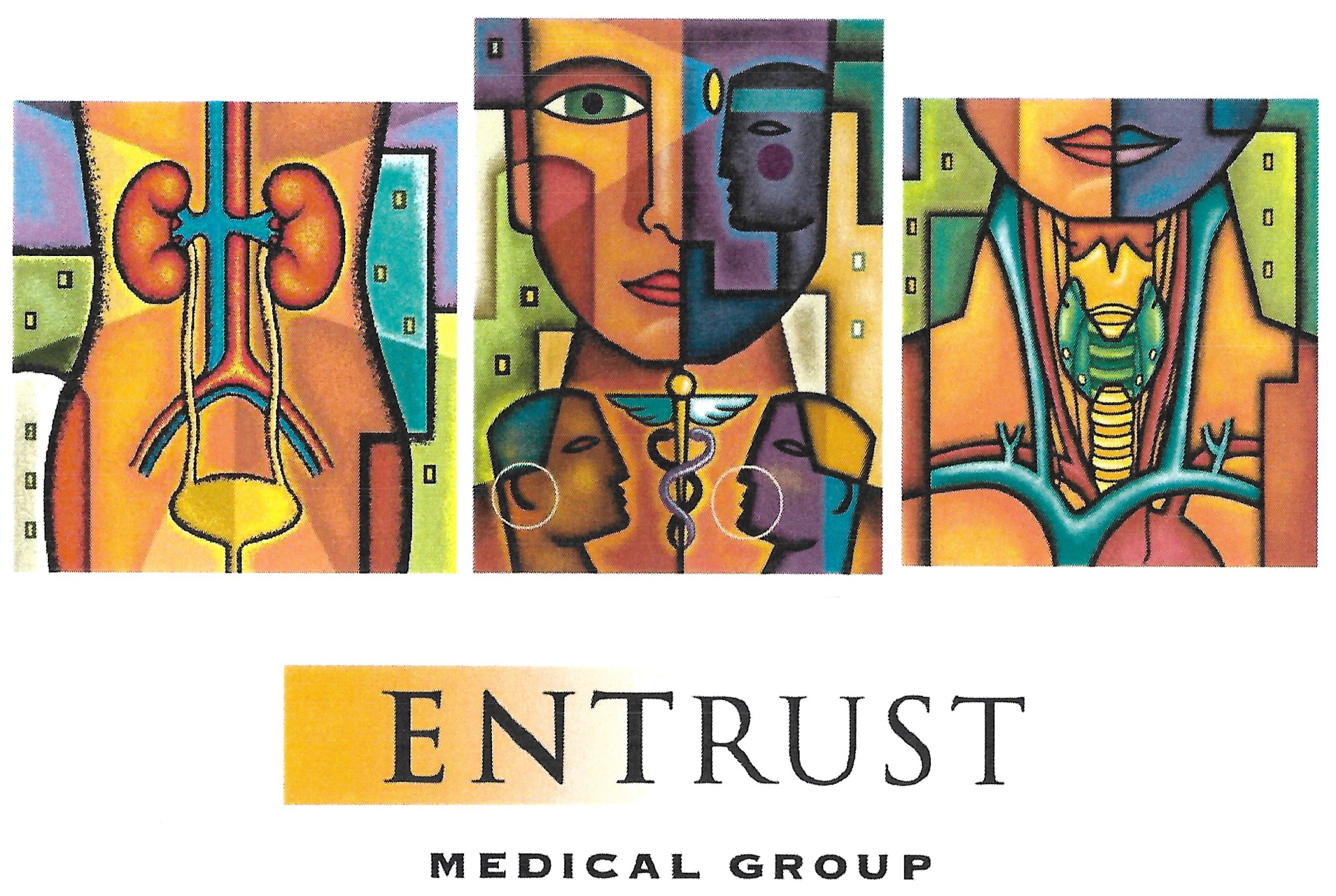Parathyroid Surgery
ENTRUST Center for Thyroid and Parathyroid Surgery Consist of a multidisciplinary team of experts in the field of Head and Neck surgery, General surgery, Thoracic surgery, Endocrinology, Pathology, Cytopathology, Nuclear Medicine and Interventional Radiology.
All are recognized leaders in the community attempting to coordinate care, providing education, early node and cancer detection. The center offers unmatched surgical expertise, using advanced minimally invasive procedures offering faster recovery, less pain and smaller incision.
STAFF FACULTY
Head and Neck Surgery
General Surgery/ Cardiothoracic Surgeon
- Brian Palafox, M.D.
www.octcs.com
Endocrinologist
- Herbert Rettinger, M.D.
Radiologist
- Moran, Rowen, and Dorsey, Inc.
www.mrdimaging.com - Providence St. Joseph Imaging and Radiology
www.sjo.org
Interventional Radiologist
- Vascular Interventional Specialist of Orange County - St. Joseph Hospital
Pathologists
- Orange County Pathology Medical Group
Speech Pathology
- Dee Parker, Ph.D., CCC-SLP
PROCEDURES PERFORMED
THYROID
Thyroid nodule detection
Thyroid fine needle aspiration biopsy
Endoscopic assisted and minimally invasive thyroid surgery
Partial thyroidectomy
Total thyroidectomy
Completion thyroidectomy
Thyroidectomy for Grave’s disease & Hyperthyroidism
Thyroidectomy for large goiters
Excision of substernal goiters
Mini-sternotomy
Central, mediastinal and later lymph node dissection
Post-operative scan reduction therapy
Radioactive thyroid remnant ablation
Tracheal resection and reconstruction
PARATHYROID
Minimally invasive endoscopic assisted parathyroid surgery
Intra-operative parathyroid hormone assessment
Parathyroid localization scans
Metabolic bone disease consultation for osteoporosis
Parathyroid location
Sestamibi scanning
VOICE & SPEECH
Early voice rehabilitation
Vocal cord medialization surgery
Intra-operative recurrent laryngeal nerve monitoring
THE PARATHYROID
The parathyroid glands are most often found behind the thyroid gland in the neck. The exact locations vary with each person. The parathyroid glands control the level of calcium in the blood. They do this by making parathyroid hormone (PTH). This is a chemical messenger that tells the body how to control calcium.
Understanding The Parathyroid Glands
The parathyroid glands are usually no bigger than grains of rice. Their main job is to keep the level of calcium in the blood within a certain range. Keeping a normal level of calcium helps the muscles and nerves work properly and also keeps bones strong. When there is a problem with the parathyroid glands, the blood calcium level may get too high. This has affects throughout the body.
How These Glands Work
When the blood calcium level is low, the glands make more PTH. This tells the body to increase the amount of calcium in the blood. To increase the blood calcium level, the body may absorb more calcium from food in the intestines; it may also take calcium from the bones. When the blood calcium level is high, the glands make less PTH. This tells the body to decrease the amount of calcium in the blood. To decrease the blood calcium level, calcium is filtered out of the body by the kidneys.
A Problem With The Parathyroid Glands
The parathyroid glands are four tiny glands located in the neck. These glands control the level of calcium in the blood, the most common problem that affects the parathyroid glands is called hyperparathyroidism. This occurs when one or more of the gland is too active, causing a high blood calcium level. Hyperparathyroidism can lead to serious health problems throughout the body, but it can be treated.
When You Have Hyperparathyroidism
With hyperparathyroidism, one or more of the parathyroid glands becomes larger. It then makes too much PTH. As a result, the body continues to increase the level of calcium in the blood. This causes a condition called hypercalcemia (an above-normal level of blood calcium). Hypercalcemia can lead to a number of problems throughout the body. These are listed below.
- Enlarged parathyroid gland
- Nervous system problems. A high blood calcium level can make you feel tired, depressed, or irritable. You may also have problems with concentration or memory.
- Muscle problems. A high blood calcium level can affect the muscles, causing muscle pain and weakness.
- Kidney problems. As extras calcium passes through the kidneys, you may have frequent urination. And, you’re more likely to develop kidney stones and kidney disease.
- Digestive problems. The intestines absorb calcium to be used by the body. A high blood calcium level can cause abdominal pain, nausea, vomiting, and constipation. Over time, you may even develop stomach ulcers or pancreatitis.
- Bone and joint problems. To increase blood calcium, calcium may be taken from the bones. This can cause bone pain and may fractures and bone disease more likely.

